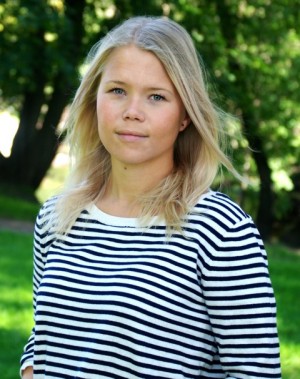A growing number of young Norwegians are studying abroad every year, but despite setting out with plans to establish international careers, the majority end up returning to Norway. Researchers suspect tough job markets, visa difficulties, poor work/life balance and fewer benefits draw young Norwegians back home again.

In 2012-2013, one in 10 Norwegian students was studying internationally, reported newspaper Aftenposten. The top five destinations in order of popularity were the United Kingdom, Australia, the United States, Denmark and Poland. However, the Nordic Institute for Studies in Innovation, Research and Education (Nordisk institutt for studier av innovasjon, forskning og utdanning, NIFU) found less than 20 percent of Norwegians still lived abroad three years after graduation, much lower than both Danish and Finnish students.
NIFU researcher Jannecke Wiers-Jenssen said many of those surveyed wanted to get away from Norway, and during their period of study said they were planning on finding work abroad afterwards. “In a couple of the surveys the students were also asked about where they thought they would work straight after exams, five years after exams and 10 years after exams,” said Wiers-Jenssen. “More than half answered overseas for the first two time periods, while 70 percent expect to be back in Norway after 10 years. There are far more who plan to stay abroad, than those who actually do it.”
Vibeke Munthe-Kaas studied in Australia, and now heads the Association of Norwegian Students Abroad (ANSA). The 27-year-old has spent the past year traveling around the world, documenting Norwegian students’ experiences of studying internationally. “The first year you go around with rose-coloured glasses,” said Munthe-Kaas. “Living abroad is like an infatuation.”
For her own part, Munthe-Kaas was certain she would stay on in Australia after her studies. But the job market, 12 to 13 hour work days and visa conditions proved too tough. “I seriously considered testing the job market,” she said. “But then I would have had to work twice as much for half the wages as at home in Norway. Otherwise work for free over a long time, unless you had got all the visas.”
Work, family, benefits
Wiers-Jensen told Aftenposten while she hadn’t surveyed students on why they returned home, there were some well-established reasons. “First, the job market in Norway is far better than for example in the rest of Europe,” she said. “The other obvious reason is if they’re nearing the phase of establishing a family, and see that the welfare programs at home are considerably better than abroad. No right to parental leave in USA – against one year in Norway – is maybe a good reason to come home.”
She said good kindergarten availability, shorter work days and a better work/life balance also drew many young people home to Norway. She said it was not necessarily a sign that Norwegian graduates weren’t ambitious enough.
“The Norwegian student population is different from other countries in the sense that most can go abroad,” said Wiers-Jensen. “We have good support programs, something which in practice means that “everyone” can go. In some other countries the financing is worse, the threshold to travel out higher, and it then is often only the most dedicated students that go.”
The number of Norwegian students going abroad is still rising, and Wiers-Jensen believed it wouldn’t be long before the number remaining overseas to work also increased. “We now see that if the students have first been out – for example through an exchange year – then the tendency for them to travel out again is higher,” she said. “It means that in the future, you will maybe see more who also choose careers, not just education, abroad.”
newsinenglish.no/Emily Woodgate

